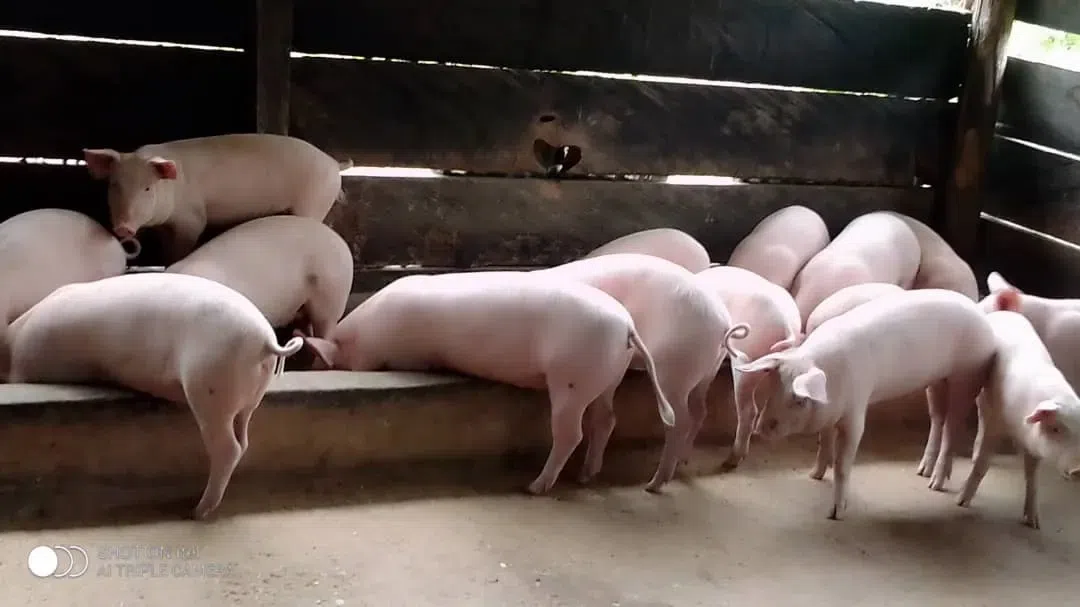
The World Health Organization with the Federal Government of Somalia and UNICEF launched a preventative measles vaccination campaign yesterday targeting 125 000 children aged 6 to 59 months from communities of internally displaced persons (IDPs) in Banadir and Afgoye.
The campaign was launched by the Deputy Mayor of Mogadishu, Director-General for Federal Ministry of Health and other government officials, in attendance with officials from WHO and UNICEF at the Banadir region meeting hall.
Measles is endemic in Somalia; however the number of cases is higher in 2017 than in previous years
Measles is endemic in Somalia; however the number of cases is higher in 2017 than in previous years. Since the beginning of the year, Somalia has recorded 7694 suspected cases of measles, of which 1989 cases (26%) were reported from Banadir region. The high number of measles cases can be attributed to the pre-famine conditions and drought-driven displacement of populations from rural to urban areas across the country.
Severe drought has resulted in the loss of crops, livestock and access to clean water, basic environmental infrastructure and food insecurity. An estimated 680 000 people have been displaced due to drought since November 2016, moving from rural lands to urban shelters where overcrowding and scant resources have made populations vulnerable to diseases including measles. Internally displaced children, especially those under 5 years of age, are more vulnerable to measles due to the stress of malnutrition.
The measles vaccination campaign is being implemented in Danyile, Dharkenley, Hodan, Kaxda and the Afgoye corridor, and will provide children with a dose of vaccine as well as Vitamin A and medication for intestinal worm infection to further improve the health of the children.
WHO’s support of the campaign includes technical support for microplanning, training, data management, and monitoring and evaluation of campaign activities. The campaign will run from May 21 to 25, finishing right before the start of Ramadan.
Measles is a highly contagious respiratory infection that causes high fever and rash; it spreads easily in densely populated areas. It commonly affects children who have not been vaccinated. Children who are malnourished are at greater risk of severe measles. Complications of measles include severe and prolonged diarrhoea, pneumonia, blindness, encephalitis and death. Measles can be prevented through immunization by vaccine.
Read Full Story



















Facebook
Twitter
Pinterest
Instagram
Google+
YouTube
LinkedIn
RSS